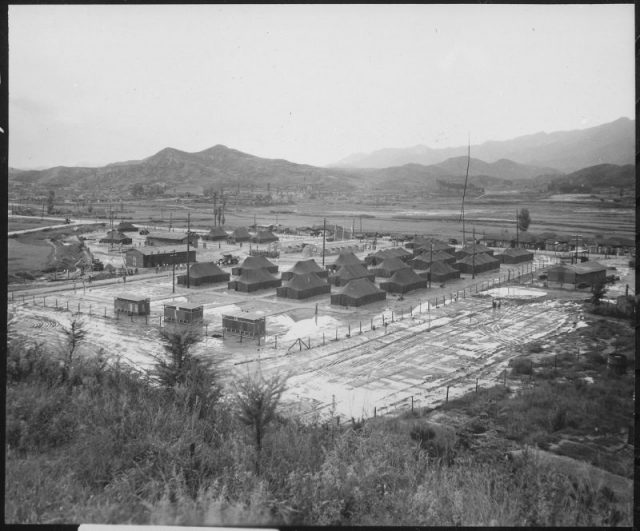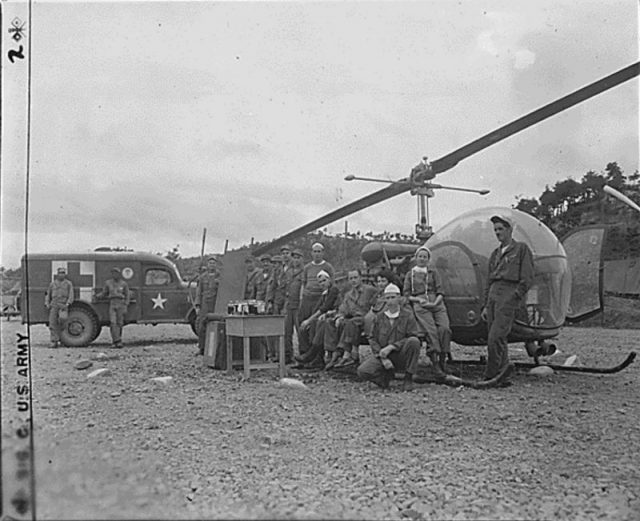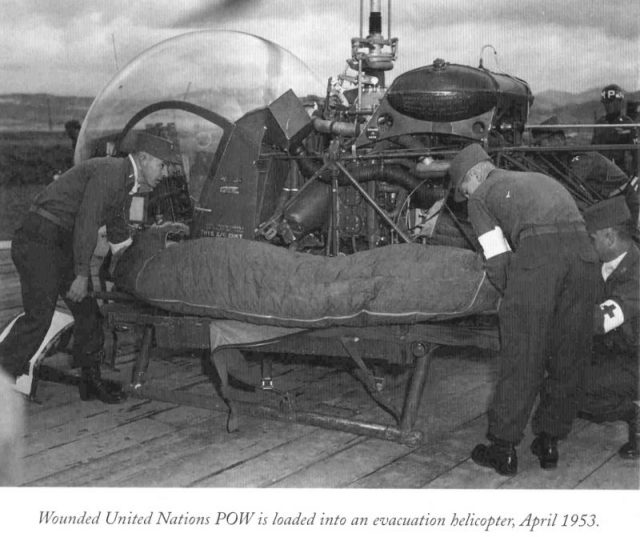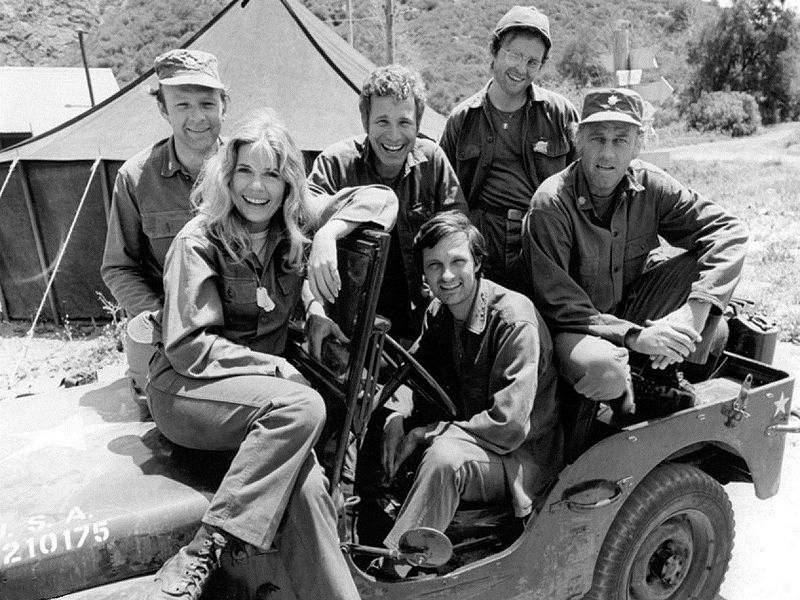For many, the theme song for the movie and TV series M*A*S*H, about a mobile army surgical hospital during the Korean Conflict from 1950 to 1953, is unforgettable. Just the first few notes remind us of the iconic show. Very few, however, know the title – “Suicide is Painless”.
The familiar tune was written by famous composer Johnny Mandel, but the lyrics were written by the son of the movie’s producer, Robert Altman, when he was fifteen years of age.

Originally, the song was written for actor Tim Brown, who played Corporal Judson in the movie, to sing during the “Last Supper” scene in which the camp decides to hold a mock funeral for the camp dentist, Captain “Painless Pole” Waldowski, played by John Schuck, who has decided he wants to commit suicide. The “funeral”, held to scare the dentist enough to make him reconsider his decision, was a success.
In an interview with Johnny Mandel by Marc Myers found on Jazzwax.com, Mandel states, “”We’ve got one guy in the shot who can sing and there’s another guy who knows three chords on the guitar so we can’t use an orchestra.” Bob also said the song had to be called ‘Suicide Is Painless’. ‘Since [Capt.] Painless commits suicide with a [sleeping] pill, that would be a good title,’ he said. Then he said, ‘It’s got to be the stupidest song ever written…’ I said to myself, ‘Well I can do stupid.’

Bob was going to take a shot at the lyrics. But he came back two days later and said, ‘I’m sorry but there’s just too much stuff in this 45-year-old brain. I can’t write anything nearly as stupid as what we need’ Bob said, ‘All is not lost. I’ve got a 15-year-old kid who’s a total idiot.’ So Michael Altman, at age 15, wrote the lyrics, and then I wrote the music to them.”

Altman loved the song and decided to make it the theme song for the movie. When asked about what he thought about it Mandel declared, “You guys are crazy, it doesn’t fit. You have these army medic helicopters flying in a war zone with this soft melody playing. It felt odd. But I wasn’t about to get into a fight over it. So I left the screening room. Sure enough, when I saw the film, the song was used over the opening credits. Then it was used on the TV series in 1972.”
Ironically, while Robert Altman received only $75,000 for directing the film, Michael Altman received about $2,000,000 due to royalties received because the song was used in the television series as well as for the movie.
Recorded in 1969, “Suicide Is Painless” was ranked #66 on AFI’s 100 Years…100 Songs, and topped the charts in the UK in the 1990s. It has been covered by countless artists from Burt Bacharach to Marilyn Manson and has been translated into several different languages.
The movie, starring Elliot Gould, Robert Duvall, Donald Sutherland, Tom Skerritt, Sally Kellerman, René Auberjonois (known to Star Trek fans as “Odo” from Deep Space Nine) and Gary Burghoff won the Grand Prix du Festival International du Film, later named Palme d’Or, at 1970 Cannes Film Festival and received five Academy Award nominations.

The subsequent television series starring Alan Alda, Loretta Swit, Wayne Rogers, McLean Stevenson, Larry Linville, Mike Farrell, Harry Morgan, William Christopher, David Ogden Steirs and the only actor to appear in both the movie and TV series, Gary Burghoff, as Radar O’Riley, ran from 1972 to 1983 lasting eight years longer than the Korean Conflict.
The first season struggled to survive, but after a change in the timeslot it soon became one the top twenty television programs for the next ten years and has claimed its place as an American icon. The final episode was the most-watched television episode in history, and the series is still available for viewing in syndication in almost all American cities and on paid streaming sites.
